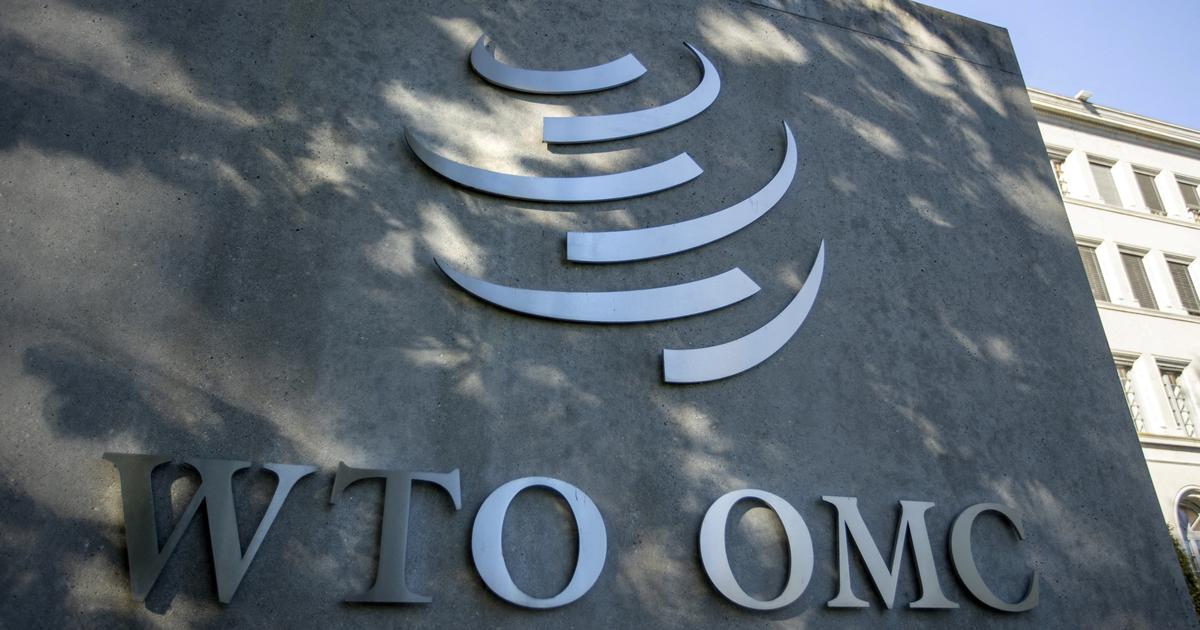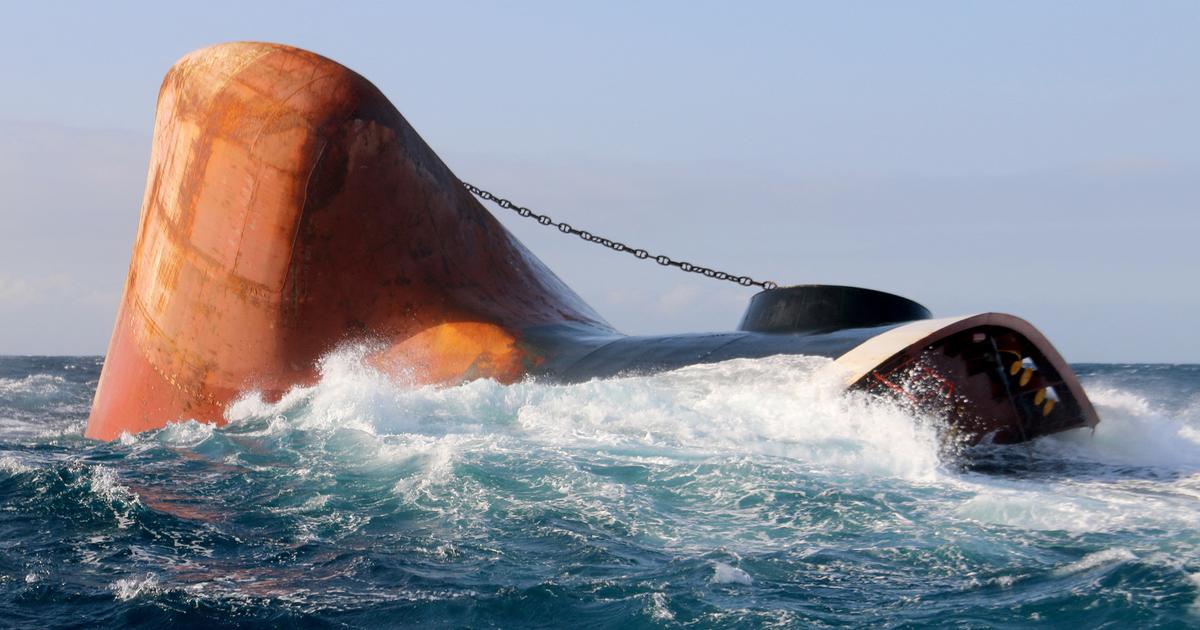25 years ago, the world entered a new era. In January 1995 the World Trade Organization (WTO) was born, represented in its genesis by 124 countries (currently there are 164), with a titanic task: to forge and discuss the rules that would govern the exchange of goods and services between countries. The task was not easy. To get to that point, seven long years of negotiations had to pass. “I am so happy that I feel like dancing on the table,” said the late Peter Sutherland, then Secretary General of the General Agreement on Tariffs and Trade (GATT), the forerunner of the WTO, when he signed the charter. Today, little or nothing remains of that euphoria. The organization faces a crisis of credibility and trust among some of its members (the US at the helm), who are also looking for a new director after the announcement of the resignation, in the middle of the pandemic, of Brazilian Roberto Azevêdo, who will leave the chair at the end August after seven years in office.
In short: it takes sheet metal and paint for an anemic institution, which seeks to transform itself in the middle of a pandemic that threatens to deliver one of the worst blows in history to international trade. At the heart of this transformation is the WTO Appellate Body, which has ceased to operate since last December 11 because Washington has refused to endorse the appointment of new members once their mandate was ending. Without it, the body is lame. The United States, the world's largest importer, has stated that this body - a kind of last resort to appeal rulings on a conflict - has been unfair and partial in its cases despite the fact that the country has won more than 90% of the cases you have filed.
Meanwhile, the EU, China and a score of other countries have established a temporary system to resolve trade disputes that may arise between them. "The WTO is not dead, the problem is that we have geopolitical tensions and conflicts between the main trading powers, and the world's leading economy has not been willing to use the institution as a platform to resolve them", explains Bernard Hoekman, Director of the Economy Global of the European University Institute.
In its quest for trade fairness, the WTO faces various battles. Tokyo and Brussels, for example, argue that the rules of the organization have aged, since they do not contemplate the rise of some economies and the government support they give to their companies. Such is the case of China, which is not recognized as a market economy, but a developing economy, which implies having a different treatment in the resolution of conflicts within the organization. "The new director will have to be a skilled person, who tries to dialogue with everyone and who achieves a common position ... that shows that trade is something positive," says Óscar Guinea, an economist at the European Center for International Political Economy.
The race to succeed Azevêdo began last July with the first round of consultations between the eight candidates from Kenya, Mexico, Nigeria, the United Kingdom, Moldova, Saudi Arabia, South Korea and Egypt. The process will last only until September, a record time, since on other occasions this procedure used to last nine months. Three women stand out among the contenders: Ngozi Okonjo-Iweala, from Nigeria; Amina Mohamed, from Kenya, and the South Korean Yoo Myung-hee. "The chances of seeing a woman named for the first time are high ... Okonjo-Iweala and Mohamed are the strongest candidates," explains Hoekman. "It is the turn of someone qualified," argued Okonjo-Iweala in the presentation of his candidacy last month. "If in addition to that, the person is an African and a woman, why not?"
"The position is that of an orchestra conductor who helps a complex set of negotiations come out," says Mexican Jesús Seade, another candidate to preside over the WTO and an insider on the organization: in the past, he was its deputy director general and negotiated the new trade agreement between Mexico, the United States and Canada. "Negotiating is very different from carrying a portfolio in a ministry," he adds. For all of them, the priority is to revive the Appellate Body, but the challenge is enormous and the trump card is in the hands of the US “The Body will not be reactivated under the Trump Administration, this or the next,” comments Uri Dadush, expert in economic governance. But neither if Joe Biden wins the election in November, says Dadush: "Concerns about China's role will persist," he argues.

/cloudfront-eu-central-1.images.arcpublishing.com/prisa/7225TEGJ2NDDNKCEJYHRTTXI7Q.jfif)













